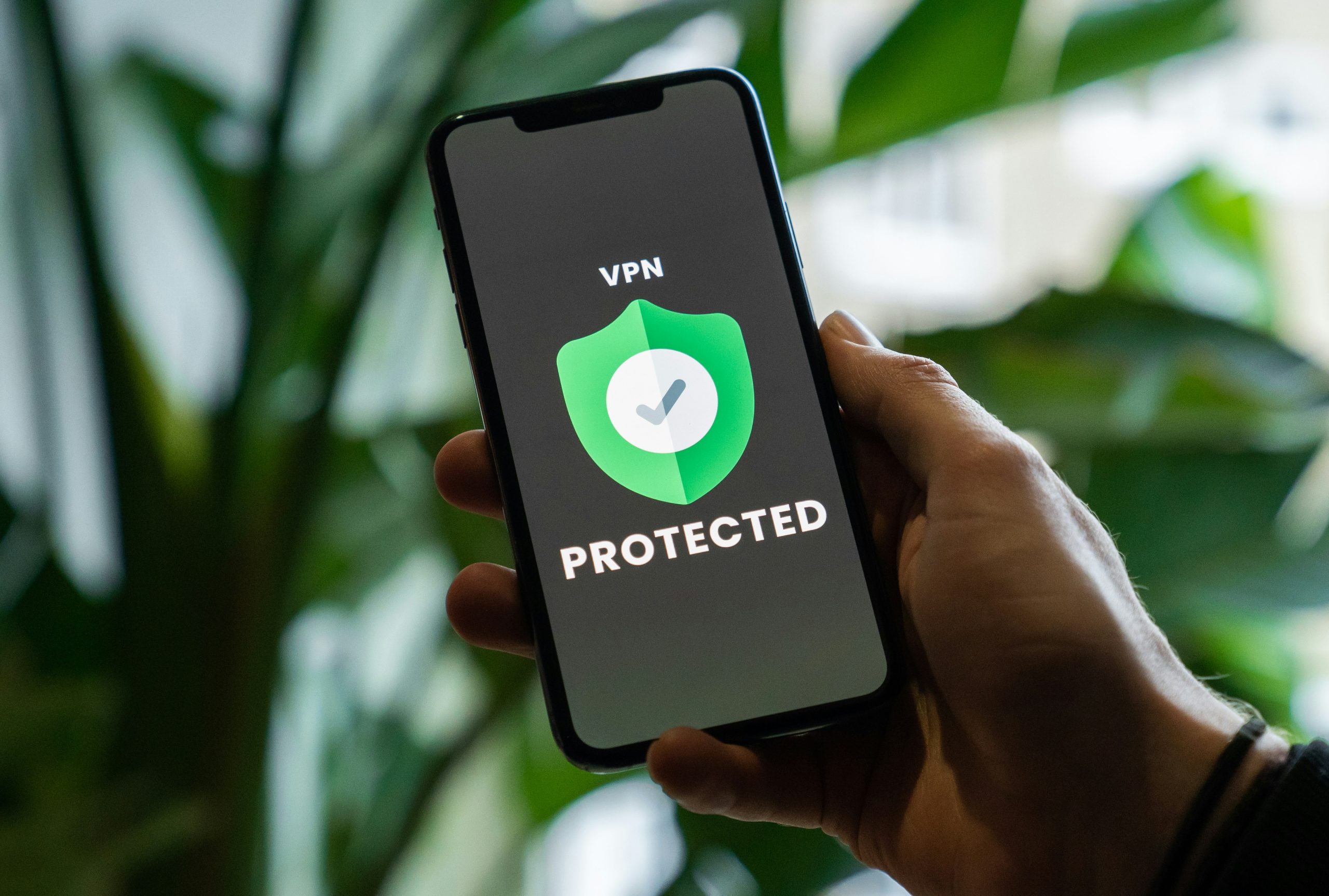With increased internet activity, data security is becoming a prominent conversation. While you may not think much about it during your everyday browsing, it is a crucial aspect you have to consider if you deal with sensitive information.
Internet security is crucial for organizations and individuals alike. Ideally, you want to be sure that malicious people or programs cannot access the information you transmit over this medium. Additionally, you also have to contend with those wishing to track your browsing history for undesirable purposes. Below, we explore virtual private networks (VPNs) and how they can be the solution you need for augmented internet security.

Enhance Internet Security With VPNs
A VPN enhances internet security by directing your data through a separate server, which bears a different IP address from your device. Sounds familiar? You’re probably thinking that you’ve heard of this before, perhaps when talking about proxies. You’re right; proxies achieve a similar purpose. These tools come in handy when you don’t want others to trace your internet activity. They boost your privacy online and keep your real identity anonymous.
That said, and as we expound in this article, VPNs contain additional features that make browsing a lot more secure. A VPN will not only hide your IP but also conceal the data transferred. They achieve this by encrypting all data transfers, which basically means they convert the information into a format that only authorized parties can interpret. For hackers, they make it impossible to decipher the encrypted data.
Below, we look at some instances where VPNs can enhance your browsing experience.
Avoid Unsolicited Adverts
You may have noticed that once you search for a product online, say, a baby car seat, you’ll then receive all sorts of car seat adverts and even other baby products. This tells you that there’s a software program tracking down your activity and sharing it with advertising agencies. While an advert or two is not a big deal, constant pop-up adverts can be a nuisance.
There are also systems that that hike prices once demand increases. This is common in flight tickets. The more people we have searching for a ticket to a certain destination, the more the price increases. But with a VPN, you can effortlessly conceal your data. This way, the “nosy” programs can’t tell what you’ve been looking at. This feature comes in handy for travel operators as they book flights for their clients.
Sidestep Bandwidth Restrictions
Sometimes, your internet provider wants to limit the amount of data that you use. This often happens when you buy “unlimited” data packages. Your provider wants you to believe that you can use as much data as you want, but they will eventually limit you if you pass a certain limit. Once you spend a set amount of data, they will gradually decrease your speed via throttling. When using a VPN, their software won’t be able to tell how much you’re using, so the restriction won’t apply to you.
Bandwidth restrictions involve the slowing down of your internet speed once you visit certain websites or reach a certain quota of data-transferring activity. When there’s political unrest in a country, governments are known for applying these to citizens. Your internet service provider (ISP) can monitor conversations and identify those sharing anti-government activities online.
Even while using a proxy, some ISPs can still view the data users exchange and the websites that they visit. In these cases, the ISP will begin to throttle the bandwidth of particular users, effectively slowing down their internet speed and interrupting their communication. Sometimes, they will also apply bandwidth throttling when you try to download large files from particular websites. With a VPN, the ISP cannot trace your online activity and thus cannot make you a target of such restrictions.
Safeguard Your Data
Organizations dealing with sensitive information that people outside the company should not access can use VPNs to secure their data. With them, they can turn any transferred data into an encrypted code that no one can interpret without a special key.
Furthermore, on an individual level, VPNs come in handy when you’re sending personal financial information. Hackers have the knowledge of how to access such data and use it for fraudulent activities, especially when shared on a public network. A VPN keeps your data away from such prying eyes.

Conclusion
These are just some of the many applications of VPNs. As you can see, they can help you approach your internet security in a whole new way thanks to their unparalleled effectiveness. So, what are you waiting for? Say goodbye to data security worries and start protecting your information today. Get in touch with some top VPN services to kickstart your journey of augmented online security!
I’m Liam Thompson, a digital marketing expert specializing in SEO and content strategy. Writing about the latest trends in online marketing is my passion.
